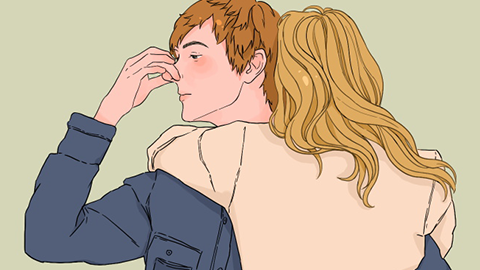Can sweat gland removal completely cure body odor?
Under normal circumstances, if apocrine sweat glands causing excessive perspiration can be thoroughly removed during the sweat gland excision surgery, most people can achieve long-term elimination (nearly complete eradication) of body odor (bromhidrosis). However, if the surgery fails to completely remove all apocrine sweat glands or if residual glands regenerate after surgery, body odor may recur. If you have any concerns, it is advisable to consult a medical professional in advance. Detailed explanation is as follows:

The surgery eliminates odor by removing the apocrine sweat gland tissues responsible for abnormal perspiration, thereby fundamentally reducing sweat secretion and the unpleasant odor caused by bacterial decomposition. When the surgical procedure is performed properly and the excision covers an adequate range, most, if not all, abnormal apocrine sweat glands can be removed. With appropriate postoperative care and no complications such as infection, the unpleasant odor can be eliminated for a long time. At this point, only regular hygiene is needed in daily life, and the probability of recurrence is extremely low, achieving an effect close to complete eradication.
If the surgery fails to completely remove the apocrine sweat glands due to their wide distribution or deep location, or if residual sweat gland cells regenerate after surgery, abnormal perspiration may gradually return over time, leading to the reappearance of body odor. Additionally, inadequate wound care after surgery, resulting in infections or delayed healing, or engaging in strenuous physical activity too soon after surgery, which hampers proper wound recovery, may also indirectly affect the surgical outcome and increase the risk of recurrence.
When opting for sweat gland excision surgery, it is important to choose a reputable medical facility. Preoperative communication with professionals to fully understand the surgical details, strict adherence to postoperative care instructions, and regular follow-up visits are essential. If odor recurs or any wound abnormalities occur after surgery, timely follow-up and treatment are necessary.




